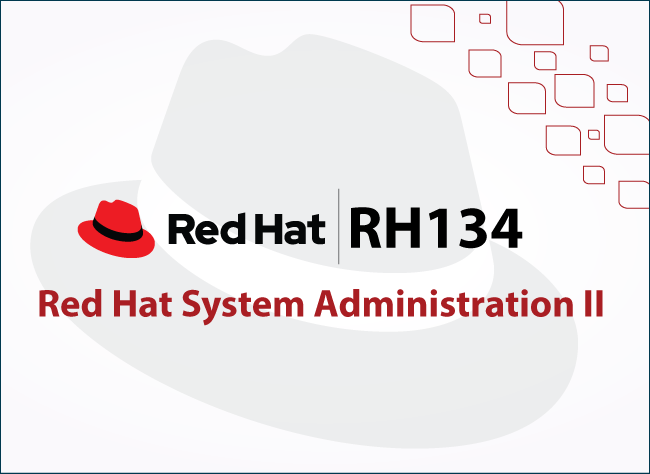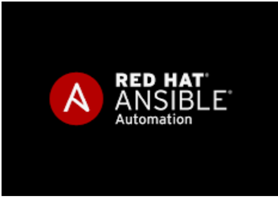
 RED HAT ANSIBLE AUTOMATION Course
RED HAT ANSIBLE AUTOMATION Course

Course description
Linux Students and developers who need to automate provisioning, configuration, application deployment, and orchestration.
Students will learn how to install and configure Ansible on a management workstation and prepare managed hosts for automation. Students will write Ansible Playbooks to automate tasks, and run them to ensure servers are correctly deployed and configured. Examples of approaches to automate common Linux system administration tasks will be explored.
POPULAR COURSES

Level 1 Linux Course
Gain sufficient skill to perform core system administration tasks on Red Hat Enterprise Linux.
This course does not require any previous Linux experience.

Level 2 Linux Course
Expand and extend on skills gained during the Level 1 course.
This course goes deeper into Linux administration, including filesystems and partitioning, logical volumes, SELinux, firewalling, and troubleshooting.
Build skills needed by an RHCSA-Certificate Exam Preparation Course

Rapid Track Linux Course
This is an accelerated course is designed for IT professionals with significant exposure to Linux.
Studentsn should be comfortable with running common Linux commands from the shell prompt.
Students lacking this knowledge are strongly encouraged to take Level 1 instead.

Red Hat Ansible
system administrators, developers and DevOps engineers who need to automate provisioning,
configuration, application deployment, and orchestration.
Students will learn how to install and configure Ansible on a management
workstation and prepare managed hosts for automation.
Copyright © 2022 linuxacademy.ca. All Rights Reserved.